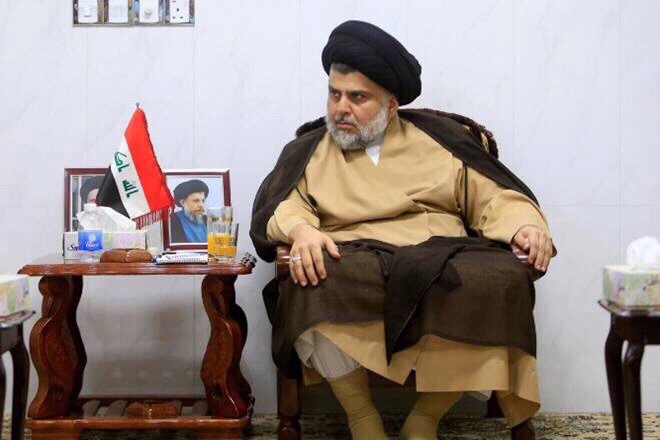 Mounting Protests In Basra End US-Backed Iraqi PM’s Hope For Another Term
Mounting Protests In Basra End US-Backed Iraqi PM’s Hope For Another TermProtests continue to grow in Basra, where violent demonstrations against poor services and government corruption have been raging for months. Cleric Moqtada al-Sadr, whose party won the May election, has endorsed the demonstrations.
This is bad news for Iraqi PM Hayder Abadi, who despite having formed a coalition deal with Sadr, is seen as far too weak to be seriously considered for another term as premier. Sadr has expressed a preference for a PM with no political ties, and protests in a major Shi’ite city show Abadi’s support is slim indeed.
This could also be a big blow to the US, which has long tried to retain effective control over Iraq’s government, and has driven the previous governments’ formations virtually every election. Abadi is very much America’s man, and their inability to assure his continued rule will be seen as waning influence.
This of course, is going to be a driving goal for Sadr, who has been keen to end years of foreign political dominance, by both the US and Iran, and staking out a more nationalist structure, with a cabinet of technocrats and an independent PM.
What that means for US operations in Iraq is anyone’s guess, but if the top leadership posts are no longer filled with people who are dependent on the US to remain in power, it’s likely to further weaken the US ability to dictate troop levels and status of forces agreements going forward.
No comments:
Post a Comment